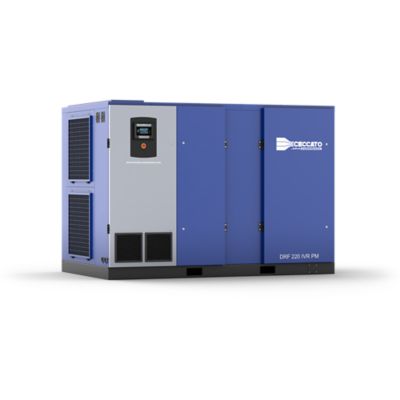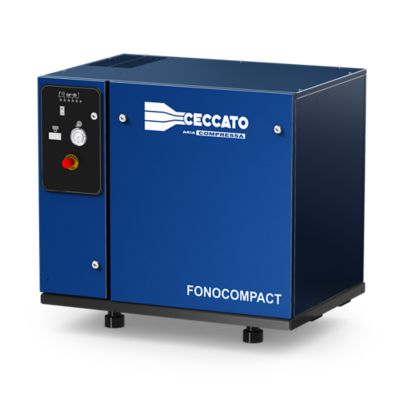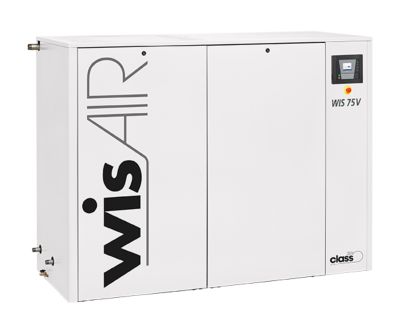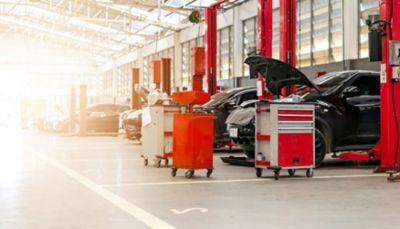Efficiency in continuous operation
Low maintenance requirements
Suitable for high-volume applications
Can handle varying loads efficiently
Compact design, saving space
Selection guide
A partner for life requires time to think and evaluate. You need to meet people, collect info and write down PROs and Cons. We provide you all the time you need. And we want to do more: a guide with detailed info about our compressors is coming soon.
For now, let’s keep in touch: for info or for a quotation, fulfill the form below and our expert will contact you.
Everything you need to know, before comparing different types of compressors
Companies and professionals have varying needs for compressed air. Sometimes, they require a tailored solution. This could include specific technology or different power ranges. Before evaluating different models, knowing the amount of compressed air needed by your tools and production machines is mandatory, as well as the the required air quality.
- Fixed speed screw compressors, which flews a constant quantity of air from their starting ‘till they are switched off.
- Variabile speed screw compressors, which adapts the air flow to the daily air needs.
- Permanent motor air compressors, which combines the advantages of the variable speed with economic and energy savings.
- Do-it-yourself compressors, compact and movable;
- Compressors for professionals, reliable and efficient
- Silent compressors, reliability at reduced noise
- Scroll technology, modular and for small applications
- Piston technology, for a discontinuous usage requiring pure compressed air.
- Screw technology with water injection, for high air demand
- Screw Compressors
- Piston Compressors
- Oil-free Compressors

Screw compressor
ADVANTAGES
DISADVANTAGES
Initial investment cost
Not suitable for intermittent use
For all industries and for every company size
(Fixed speed for a constant air demand;
Variable speed for a variable air demand)
Piston compressor
ADVANTAGES
Low investment cost
Simple design, easy to maintain
Suitable for intermittent use
Can handle high-pressure applications effectively
DISADVANTAGES
Discontinuous usage
Higher operating temperatures and noise levels
More frequent maintenance
Suitable for hobbyists and professionals
for agriculture, woodworking, construction and many other applications


Oil-free compressor
ADVANTAGES
High-quality pure and dry air
Wide power ranges
Lower maintenance requirements
DISADVANTAGES
Higher initial costs compared to lubricated models
Application that need to avoid oil contaminations
Chemical & pharmaceutical labs, Electronics components production, Food & beverage
HOW TO SIZE A COMPRESSOR
When choosing the right compressor, there are several key factors to consider. These include whether it will be used continuously or intermittently:
Looking for help?
SAVE ENERGY POWER WITH iPM SCREW COMPRESSORS
Highly efficient compressors are equipped with the newest technology, allowing you to increase your savings. Switching from an old air compressor to a new and more technological one provides several benefits, including higher performance, less electric power costs and a lower amount on your electric bills.
By choosing the size of your compressor, the yearly running hours and your current energy costs, you can find out how much money you can save with a new iPM compressor.







